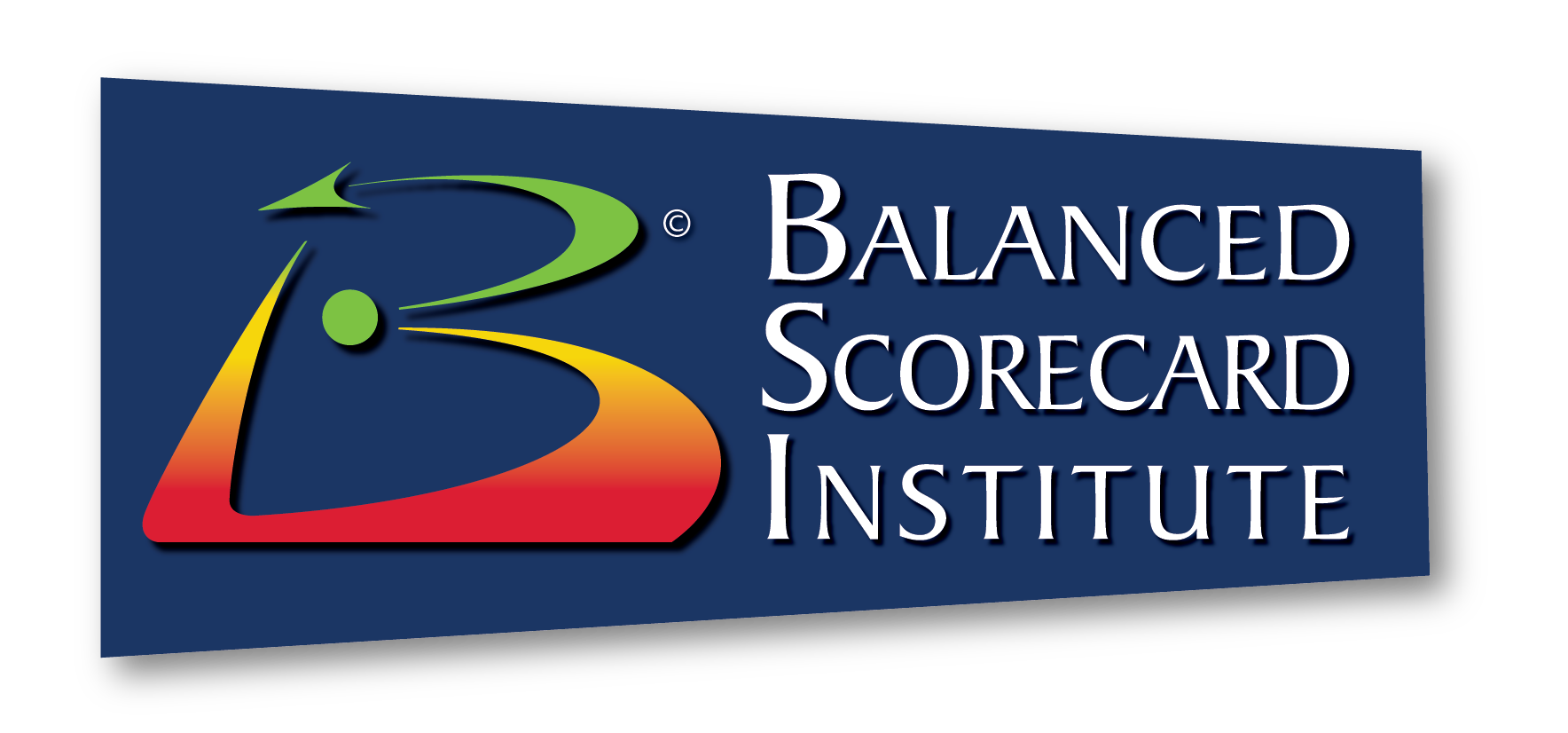
Creating Organizational Strategic Alignment
For More Information
Creating Organizational Strategic Alignment
Could your organization improve its performance if you could somehow better communicate to your employees what your strategy is? Do you have employees whose hard work is actually running counter to the organization’s goals because they have a different understanding of what you are trying to accomplish? Do various departments in your organization focus on activities within their own silo more than on how they support the organization’s mission and vision?
The problems addressed by these questions center on the issue of organizational alignment. While the balanced scorecard has been touted as an effective tool for creating organizational alignment, the actual success of the system as an alignment tool can vary depending on the strategic focus of scorecard (simple performance measurement dashboards tend to not be very helpful), the success of its implementation and whether or not the organization successfully cascades the scorecard.
Leaving the issues of proper strategic focus and successful implementation to be addressed on other pages, what is cascading and how does one do so effectively?
Cascading a balanced scorecard means to translate the corporate-wide scorecard (referred to as Tier 1) down to first business units, support units or departments (Tier 2) and then teams or individuals (Tier 3). The end result should be focus across all levels of the organization that is consistent. The organization alignment should be clearly visible through strategy, using the strategy map, performance measures and targets, and initiatives. Scorecards should be used to improve accountability through objective and performance measure ownership, and desired employee behaviors should be incentivized with recognition and rewards.
Cascading strategy focuses the entire organization on strategy and creating line-of-sight between the work people do and high level desired results. As the management system is cascaded down through the organization, objectives become more operational and tactical, as do the performance measures. Accountability follows the objectives and measures, as ownership is defined at each level. An emphasis on results and the strategies needed to produce results is communicated throughout the organization. This alignment step is critical to becoming a strategy-focused organization.
Some of the common challenges that organizations have with cascading include:
- Employees don’t understand enough about the process to be effective
- Cascading approach/structure was poorly planned (resulting in false starts)
- There is a disconnect between tiers due to delegation or other problems
- The organization level scorecard is misunderstood or hard to communicate
- Some units are cascading well while others are lost
For organizations that are frustrated and need a solution, the Balanced Scorecard Institute uses a proven, disciplined framework, Nine Steps to Success™, to systematically develop, implement, and sustain a strategic management system. Some clients choose to have their staff certified to implement the system on their own, while others bring our expert consultants on site to work with staff and managers at each stage to ensure successful completion of each step and transfer of learning.
If you would like to learn more about how the Balanced Scorecard Institute can help your organization cascade, call (919) 460-8180 or contact us electronically.

